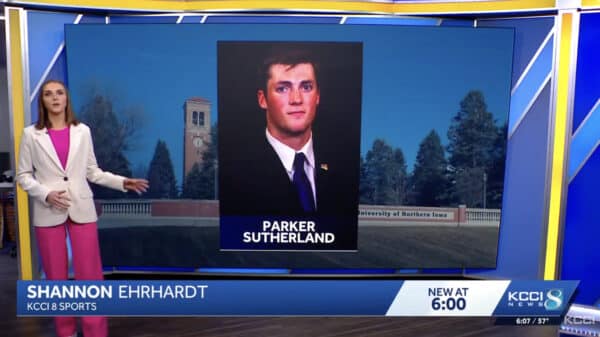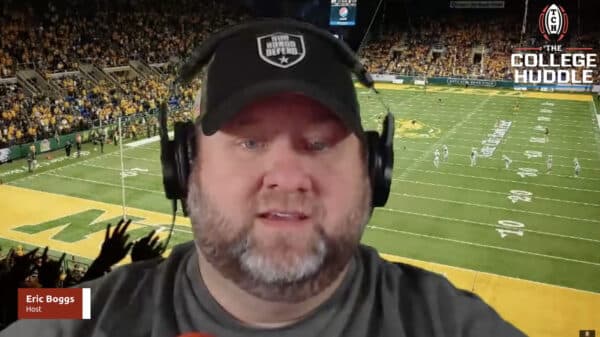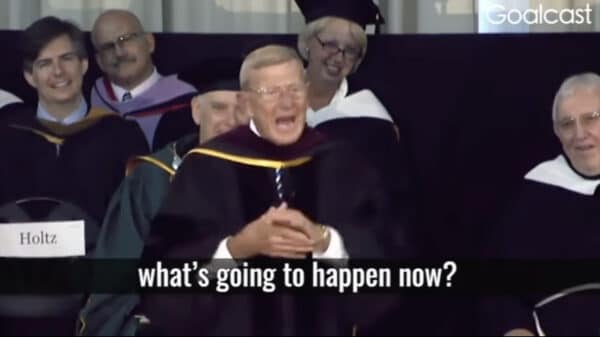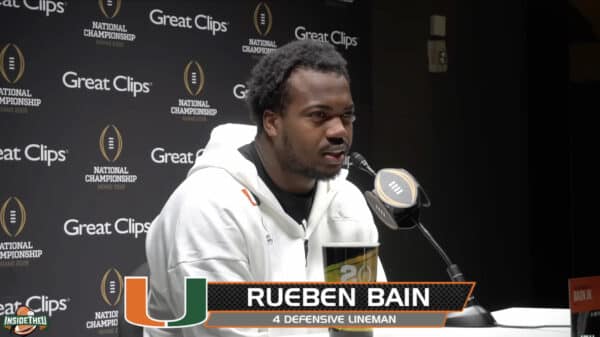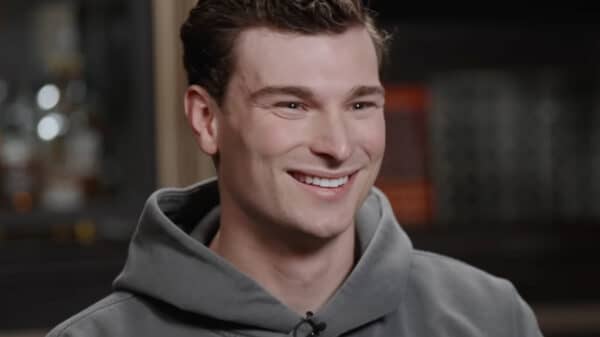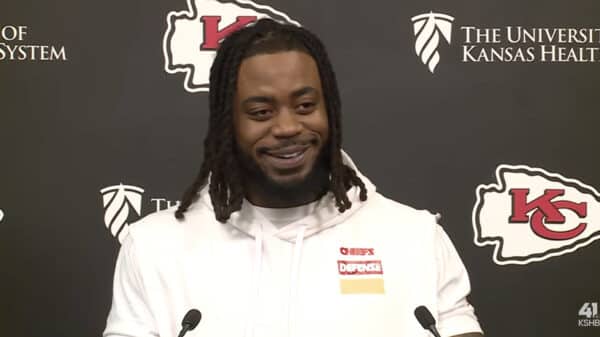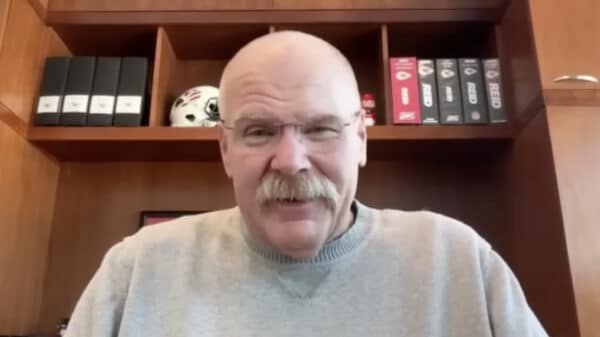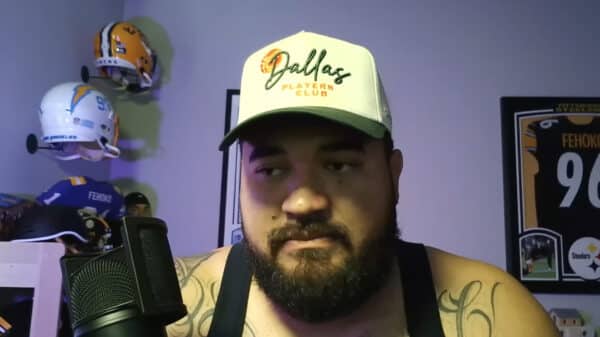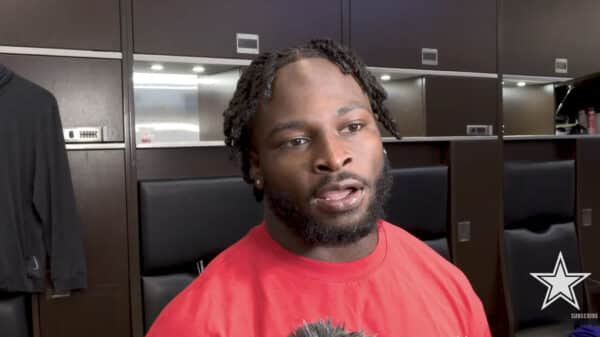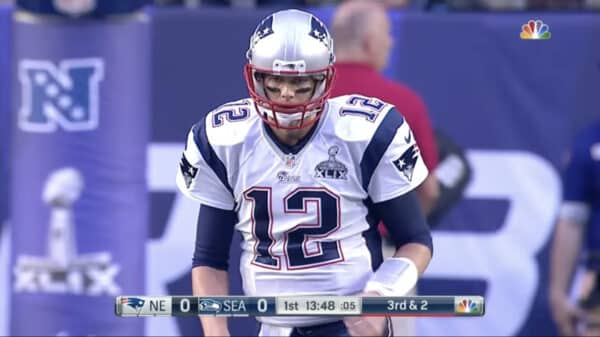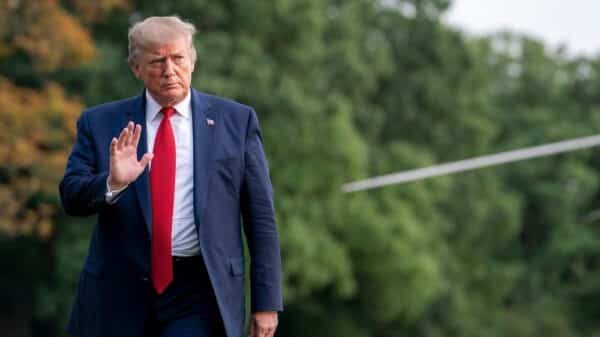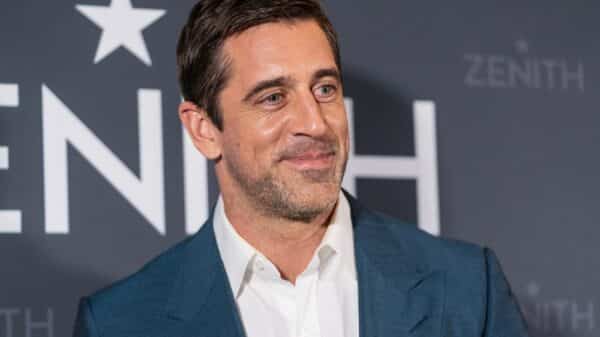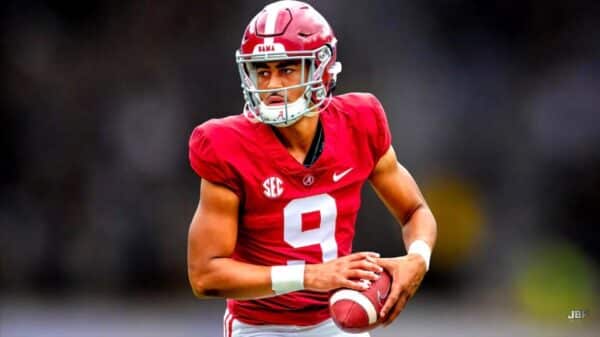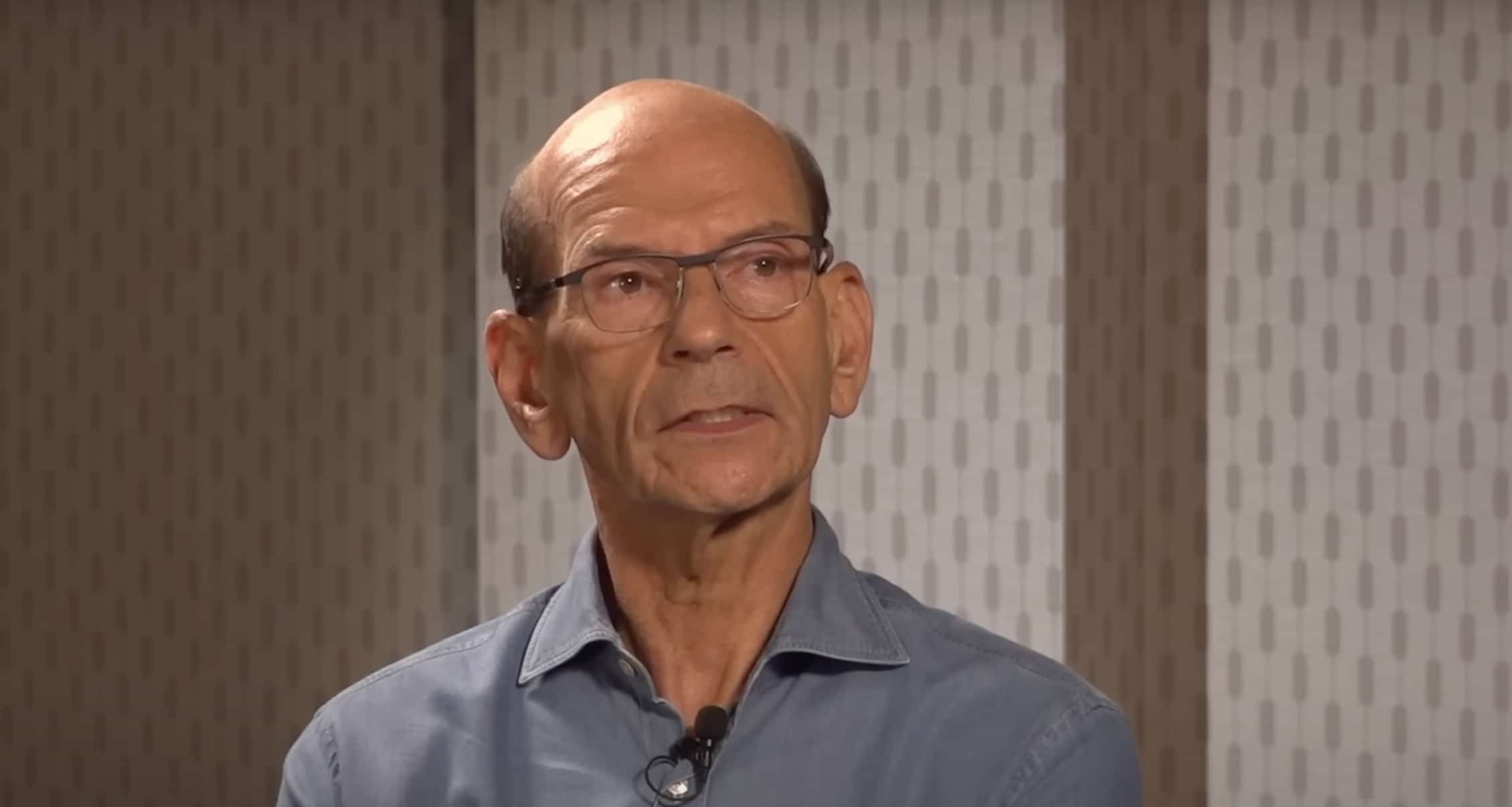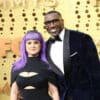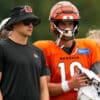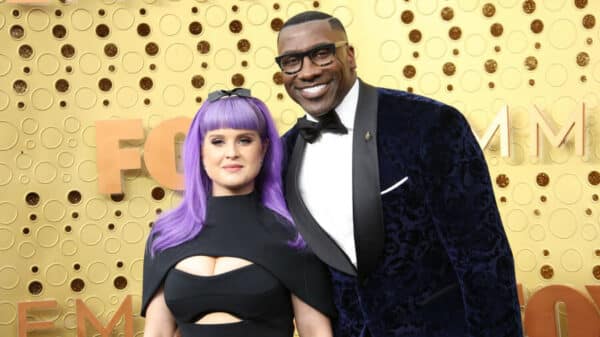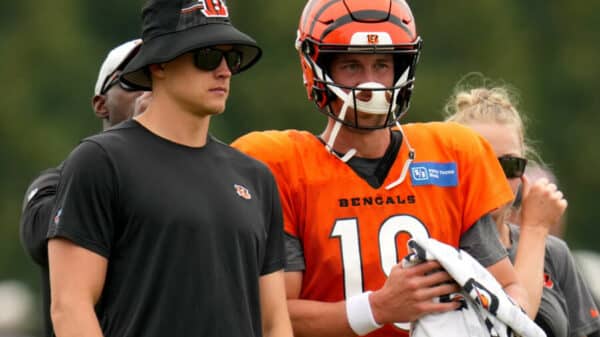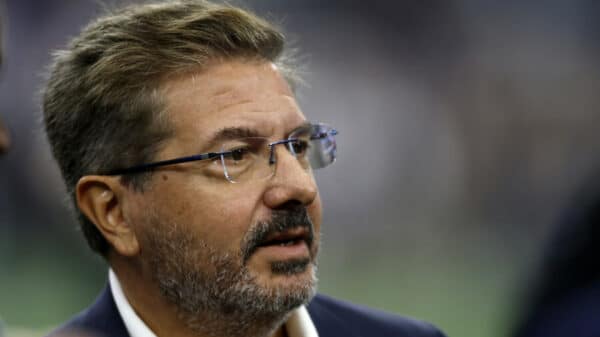Paul Finebaum, a staple personality at ESPN for over a decade, has recently raised eyebrows following his sudden absence from some of the network’s flagship shows, such as “SportsCenter,” “Get Up,” and “First Take.” This unexpected development has led to speculation about the circumstances surrounding his withdrawal from these programs.
Finebaum’s Interview and Political Aspirations
During an interview with Clay Travis, the founder of OutKick, Finebaum mentioned he is contemplating a run for a U.S. Senate seat in Alabama. This revelation was reportedly spurred by recent political events, notably the assassination of conservative commentator Charlie Kirk. Finebaum’s candid admission about his registered Republican status and his voting history for Donald Trump starkly contrasts with ESPN’s internal policy, which discourages talent from discussing political opinions.
The Reaction and Speculations
Following Finebaum’s comments, news broke that he had been quietly removed from his scheduled appearances. Travis and other media outlets reported on this development, suggesting that ESPN’s actions were a direct response to Finebaum’s political commentary. However, an ESPN spokesperson, Bill Hofheimer, publicly refuted these claims, stating they are “not true at all.”
Despite the network’s official stance, Finebaum’s lack of visibility within ESPN’s daily programming has not gone unnoticed, fueling discussions about potential bias and consistency in the network’s policy regarding political discourse among its talents.
The Bigger Picture: ESPN’s Stance on Political Commentary
The controversy highlights an apparent inconsistency within ESPN. Critics, including Travis, have drawn attention to other network personalities, like Stephen A. Smith, who often engage in political discussions without facing similar repercussions. This discrepancy has led many to accuse the network of hypocrisy, igniting debates about freedom of speech and the limitations imposed on its commentators.
Finebaum’s Ongoing Role at ESPN
While grappling with the fallout from his statements, Finebaum continues to host “The Paul Finebaum Show” on the SEC Network and appeared on “SEC Nation” recently. His ongoing commitments suggest that he retains a significant presence at ESPN, but his absence from national platforms is a point of concern for both fans and industry observers alike.
Conclusion
Paul Finebaum’s current situation at ESPN raises important questions about the interaction between media, politics, and individual expression in sports commentary. The implications of this controversy extend beyond Finebaum himself, bringing to light the complexities and pressures faced by public figures in sports media. The discussions around his absence serve as a reminder of the delicate balance between personal beliefs and professional obligations, as well as the potential repercussions that may arise from expressing political views in the public eye.

